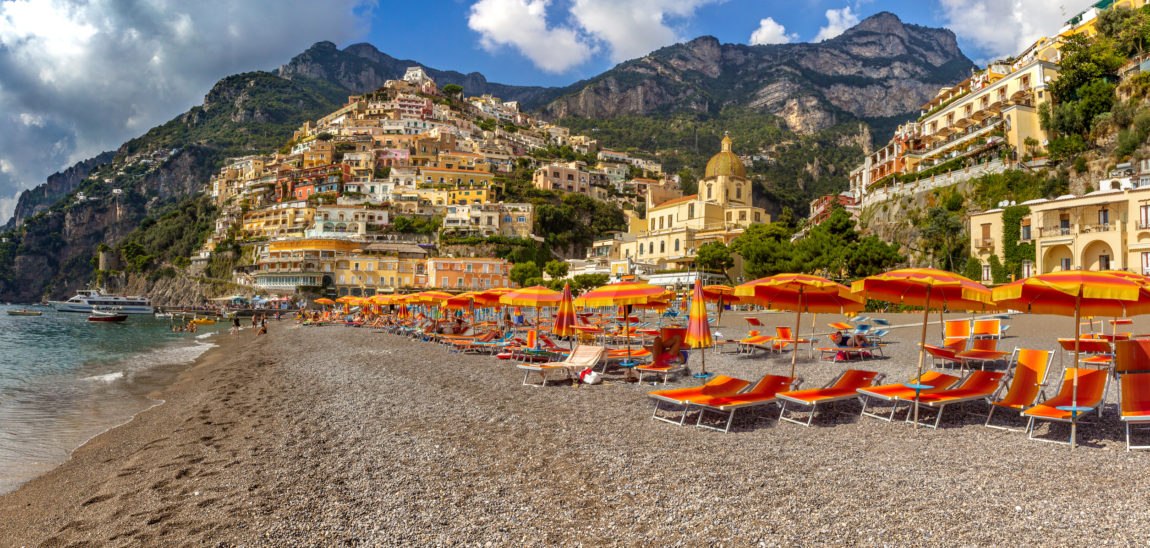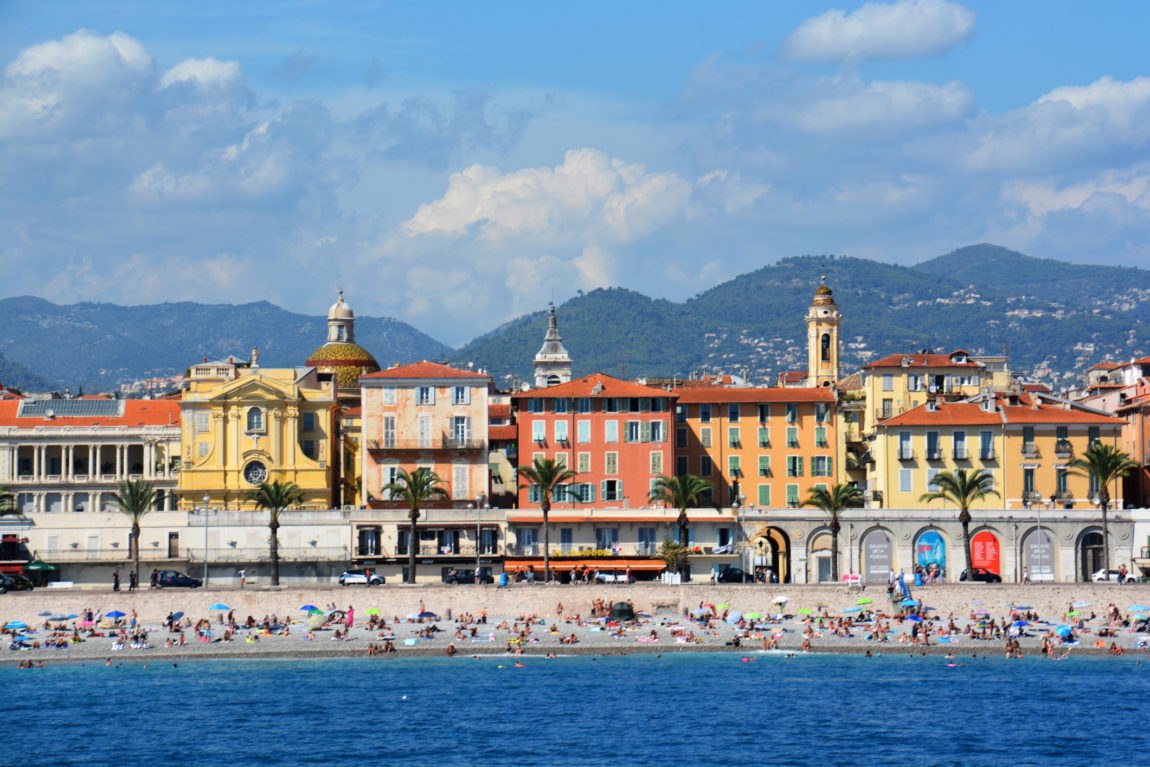An unforeseen danger for travellers in Thailand
How a cut on the leg prompted a $42,500 medical emergency for an Aussie in Thailand TID customer John Capretta, a ...
KEEP READING
When you travel, the last thing you would wish to happen would be for your valuables like your wallet and smartphone to be stolen. And sadly, it’s something we hear of happening a little too often. It’s actually fairly easy to keep your belongings safe on European beaches. It just takes a little extra planning and know-how.
In my travels I’ve met a heap of fellow travellers who arrive at a beautiful European beach that’s packed with loads of tourists and they’re too afraid to enter the water, as they fear that their belongings may be taken. I myself have hired surfboards, paddleboards and snorkels on my own solo adventures and have never had my belongings go missing. Follow my tips to ensure you keep your valuables safe on European beaches.

Photo credit Getty/Photo by Alex Tihonov
This one is vital. What do you really need? Do you actually need to take your entire wallet or will you be fine with just taking a little cash with you for the day? Plan out what you think you will be doing for the day and if you think you may go back to your accommodation after visiting the beach. If so, you can leave your valuables in your room while you swim then collect them later in the day for your next daytime activity.
This is the biggest no-no for solo travellers. Don’t do it! Ever! Not even for ‘just a quick dip.’ There are sadly just too many horror stories out there.

Photo credit Getty/Pola Damonte
Are you travelling with a friend or someone you have met and have come to learn is reliable? Ask them to mind your belongings whilst you swim. I am still always cautious and like to keep an eye on my valuables to ensure they are safe at European beaches, even when being supervised by an acquaintance.
Many European beaches are lined with lockable changing shacks. Hire your own private change room shack and you will be able to lock up your valuables for the entire time that you are at the beach. This is one of the best solutions for solo travellers who wish to keep their belongings safe on European beaches.

Photo credit Getty/ICHAUVEL
When you rent water equipment such as a surfboard, paddleboard, snorkel, stand up paddleboard or kayak, often you are offered a secured space or locker to leave your valuables in whilst you hit the beach.
Many European beaches now have locker space available for tourists to keep their valuables in to ensure they are kept safe. Hire a locker by the hour for a little peace of mind that you know your belongings will be safe.
Dry sacks are a great invention for the modern traveller. Simply place your valuables in the dry sack and take them in the water with you. The sack floats on top of the water so you can bob around and know your valuables are within an arms reach. These really are perfect for solo travellers. It’s a win-win. You can relax and enjoy your water time whilst you know you are keeping your valuables safe on European beaches.
Useful for beach goers that also love to take water photos. Simply buy a life proof case and take your smartphone in the water with you.